No water loo wins over sceptics

A small Swiss company that makes urinals is flush with success thanks to an invention that is saving billions of litres of fresh water every year.
Toilet humour aside, flush is totally the wrong word to describe a urinal that does not use water, oils or chemicals. It also claims to be odour free.
The United Nations has declared 2008 International Year of Sanitation to highlight the fact that one third of the world’s population have no basic sanitation facilities.
At a time when the shortage of water is a major global issue, the patented idea from the Urimat company at Feldbach on Lake Zurich is proving popular.
Football supporters have the chance to try out the urinals during the Euro 2008 championships, when they are in use at Basel’s St Jakob stadium.
The heart of the system is an odour seal trap. This is a cartridge inside the Urimat with a hydrostatic float that enables the urinal to evacuate the urine without any water, managing director Marcel Näpflin explained to swissinfo.
But doesn’t a waterless urinal smell? “That’s of course question number one we get from most people. In fact, if you look at the creation of smell it’s always based on bacteria, so where there is no water [and bacteria] there is no smell.”
Change of mindset
“It’s a change of mindset. In our minds water equals cleanliness but in the urinal it’s exactly the opposite,” he said.
Näpflin said that when the company started producing such urinals about ten years ago, it was not easy to convince people that the idea would work.
Growing concerns over water led people to take a closer look at the device and it’s now won a string of awards around the world for its contribution to the environment.
“It was always our idea to offer a urinal working without water but which is still ecological. Ecology is one of our main goals.
“We know systems in the market which have the same effect – saving water – but they use chemicals or liquids. Urimat is a 100 per cent ecological solution,” he said.
The urinal itself is made from Makrolon, a high-tech plastic made in a complex injection-moulded process.
Hygiene
Näpflin says it’s the only one he knows of in the world that is produced in this way, with an advantage in terms of hygiene.
“Makrolon is an energetic synthetic material so urine does not cool off like it does in a ceramic bowl and cannot leave any stains or residues. There are no sharp edges where bacteria can stay.”
Installing the equipment is much easier than conventional urinals because the Urimat weighs only about four kg so there is no need for frames to support it. And it can stand the abuse of vandals, which others can’t.
After the question of smell, perhaps the next obvious issue is how to clean these high-tech urinals.
“Cleaning is probably the second question we always get. It works without water but that doesn’t mean that you don’t have to clean it.
“We have a cleaning concept which is based on a micro-organic cleaning agent. It’s a micro organism that is sprayed into the bowl, which makes cleaning very easy, very fast and very effective.”
As water and its scarcity becomes more and more an issue, the interest in the company’s product has increased.
Advertising
A unique patented feature is also the advertising that can be done with the urinal in an integrated information panel – after all as the company points out you have a male’s undivided attention for about 40 seconds.
One option has an integrated sensor that illuminates the display when in use. This has been commercialised in motorway restaurants in Switzerland and Germany. In other words, the urinals can generate revenues with the advertising space rented out.
Governments, including those of Mexico, South Korea and Australia, have also been using the advertising space to make people aware that the urinal saves water with the message: “We care about the environment”.
There was no scarcity of jokes about the urinals when the company first came out with them but that has changed, particularly as we are three years into the International Water Decade declared by the UN.
“No one dares to joke about it because saving water is a good thing. We’re not urinal sellers. We’re offering an environmental solution that contributes to saving water,” Näpflin said.
swissinfo, Robert Brookes in Feldbach
Urimat, which is about ten years old, now employs about 50 people – 15 in Switzerland and 35 in Germany.
It has about 40,000 customers in more than 20 countries.
On the company website, you can track how much fresh water is being saved in real time.
A conventional urinal uses three to six litres of drinking water each time it is used.
It is estimated a normal restaurant can save SFr600 – 1,000 ($577 – 962) a year in water charges with Urimat in a urinal that uses 100,000 litres of water.
McDonald’s Switzerland says it is saving about 28 million litres of water a year with them.

In compliance with the JTI standards
More: SWI swissinfo.ch certified by the Journalism Trust Initiative




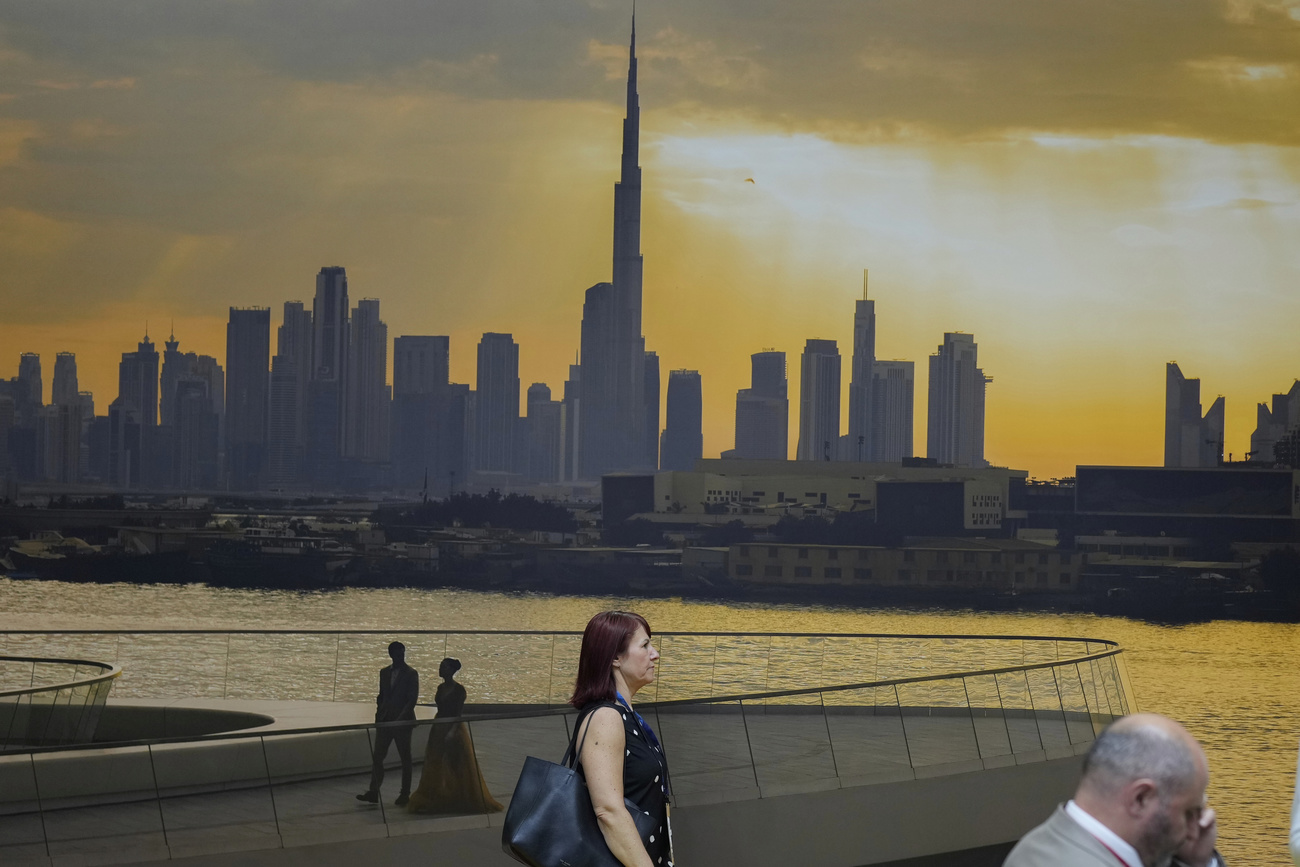
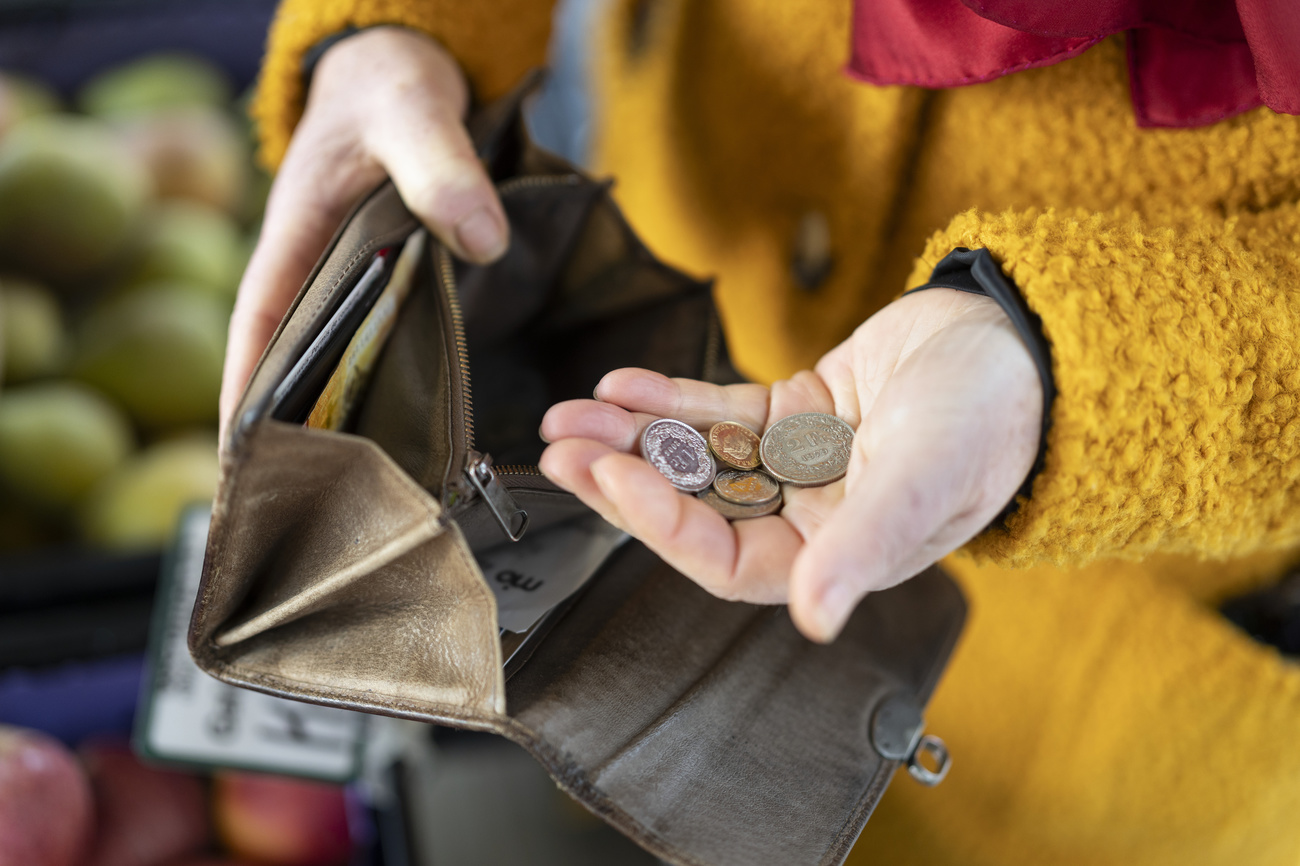



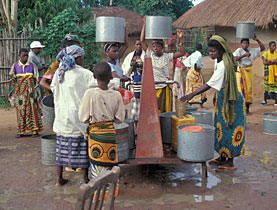
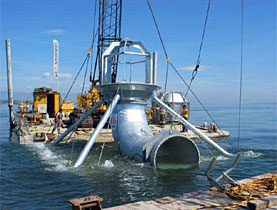
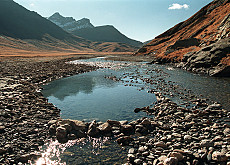
You can find an overview of ongoing debates with our journalists here . Please join us!
If you want to start a conversation about a topic raised in this article or want to report factual errors, email us at english@swissinfo.ch.